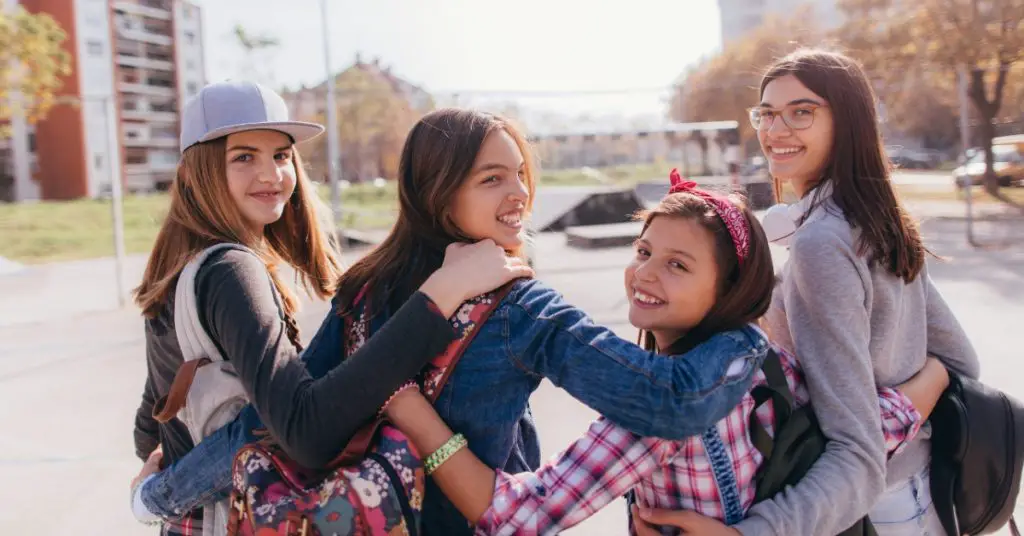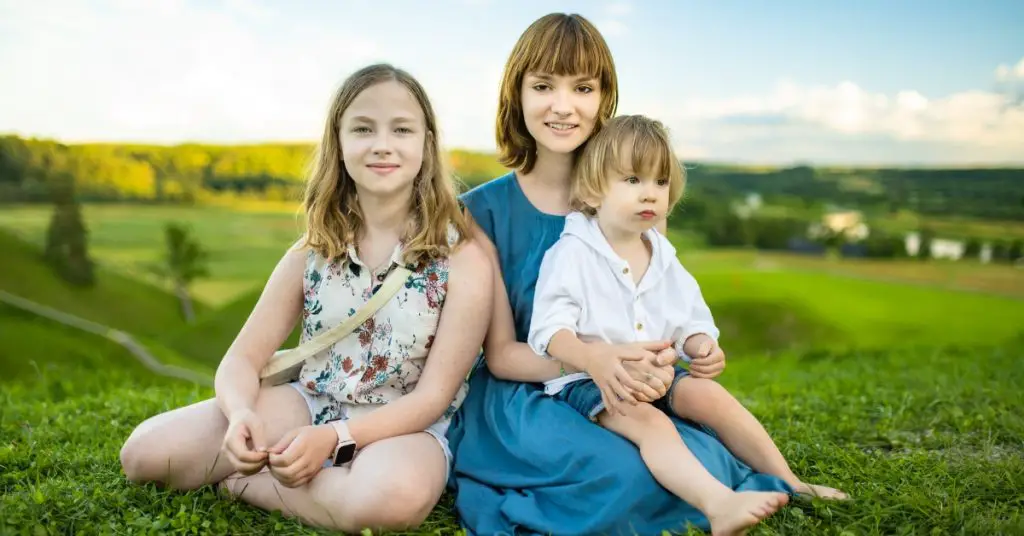Building a Community: How Friendships Enrich Our Lives and Societies

Humans are social creatures by nature. We yearn for connection, relationships, and a sense of belonging. The community plays a vital role in nurturing our social needs. When we build strong communities centered around positive relationships, we reap immense benefits, both as individuals and as a society.
What is community?
Community refers to a feeling of fellowship and support that arises when a group of people bond over common interests, purposes, or geography. It goes beyond just casual acquaintanceship and encompasses a deeper sense of connection and mutual understanding.
Some key markers of a strong community include:
- Shared values and goals
- Commitment to the betterment of the community
- Willingness to invest time, effort, and other resources into community building
- Appreciation of diversity along with open and respectful communication
Why is community important?
Research shows that when people feel part of a community, they lead happier, healthier, and more fulfilling lives. Some key reasons why community matters are:
1. Boosts mental health and wellbeing
- Reduces loneliness and isolation
- It instills a greater sense of purpose and self-worth.
- Alleviates anxiety, stress, and depression
According to a 2010 study, people with stronger social relationships were 50% more likely to survive over a given time period compared to those with weaker connections.
2. Promotes personal growth
Belonging to a community…
- Exposes us to new ideas and perspectives that broaden our thinking.
- Creates opportunities for skill development and the discovery of hidden talents.
- Inspires us to challenge ourselves through encouragement from those around us.
3. Drives social change
- Communities provide a foundation for social movements geared towards the betterment of society, e.g., environmental conservation groups.
- They enable advocacy and spread awareness around important issues more effectively compared to individuals working alone.
The Role of Friendship in Community Building
While shared interests and values form the basis of community, it is the friendships nurtured within them that breathe life into these communities. The goodwill and understanding bred through such bonds serve as the glue that holds communities together through ups and downs.
Hallmarks of Strong Friendships
Trust
- Being able to rely on each other for support without fear of judgment
Reciprocity
- A mutual give-and-take instead of a one-sided relationship
Acceptance
- Appreciating one another despite differences and flaws
How Friendships Create Stronger Communities?

Credits: Canva
1. Reinforce shared values and interests.
The shared vision that sparked the creation of a community manifests in full glory through the warmth of friendships within the community. Laughing over an inside joke unique to the community or motivating each other towards actualizing community goals—such bonding moments reinforce commitment to the cause.
For example, two friends who meet up every weekend for neighborhood cleanup drives end up inspiring many more to join in due to their infectious camaraderie.
2. Fuel Community Service Initiatives
The empathy, understanding, and willingness to help out that develop between friends act as a launchpad for community outreach initiatives. Friends brainstorming charity ideas over coffee or rallying each other to volunteer for community events—such cooperation forms the lifeblood of community building.
3. Enable conflict resolution.
In every thriving community, disagreements and conflicts are bound to emerge occasionally. Strong friendships play a key role in smoothing such friction. By communicating openly and extending good faith towards each other, friends defuse tensions. They are also well-poised to act as neutral mediators between dissenting community members.
4. Promote inclusiveness and diversity.
True friendships look beyond surface differences. When community members forge deep, heartfelt bonds across diverse socio-cultural backgrounds, it sets the tone for a more inclusive environment overall. Prejudices get slowly dismantled when people get to personally witness shared humanity underneath the divisions artificially created between groups by society.
Building Community in Everyday Life
While community plays an integral role in bringing meaning and connectivity into our lives, its flame needs to be kept alive through conscious nurturing. Here are some tips to foster community building and friendship in your everyday interactions:
With Neighbors
- Greet your neighbors when you bump into each other.
- Occasionally, bake treats to share within your building.
- Offer assistance if you see neighbors struggling with something.
- Plan regular community activities like potlucks or street fairs.
At School/Workplace
- Volunteer to mentor new students or team members.
- Organize off-site gatherings to facilitate bonding.
- Put together birthday and farewell cards for colleagues.
- Initiate small talk instead of only discussing tasks or assignments.
Online
- Actively engage in positive discussions in community forums and groups.
- Share useful resources to assist other members.
- Send appreciative messages if someone’s post makes your day.
- Stand up to cyberbullying and negativity.
The possibilities to nurture community are endless wherever people gather—schools, universities, office spaces, apartment buildings, online forums, activity clubs, places of worship, sports teams, hobby circles, etc. All it takes is the initiative to reach out beyond oneself and embrace shared experiences.
Conclusion
Community and friendship share a symbiotic relationship, with each reinforcing and adding value to the other. While common interests and goals unite people into communities, the supportive friendships brewed within them strengthen the fabric of these communities.
Such fellowship serves as a vital conduit for human expression by bringing people’s diverse skills, perspectives, and cultures together into a hopeful, mutually uplifting way of life.
The modes and norms around building communities will likely keep evolving with the times. However, the fundamental human yearning for connection and belongingness that the community caters to is timeless. And in an increasingly disconnected world, it is more important than ever to actively foster community-building wherever possible.


